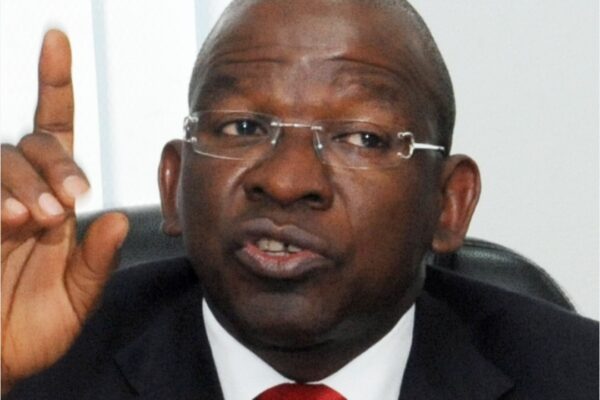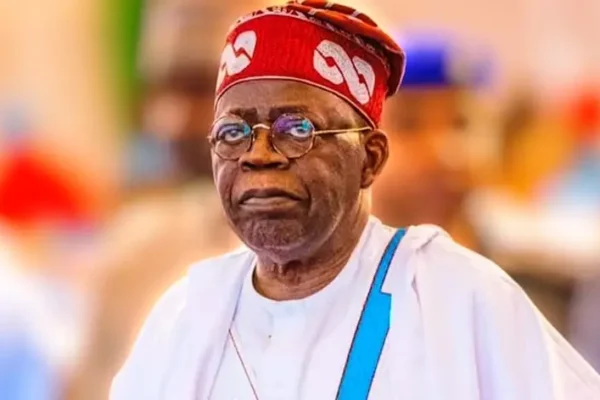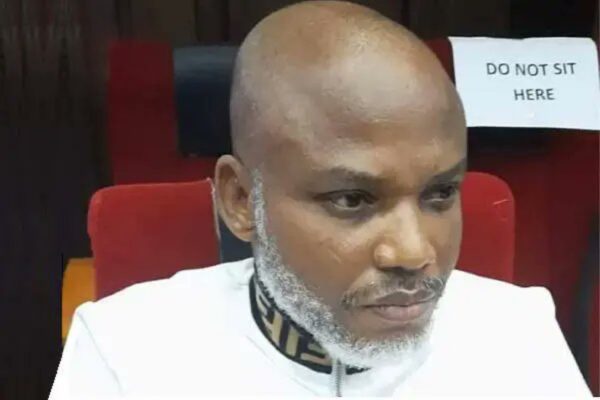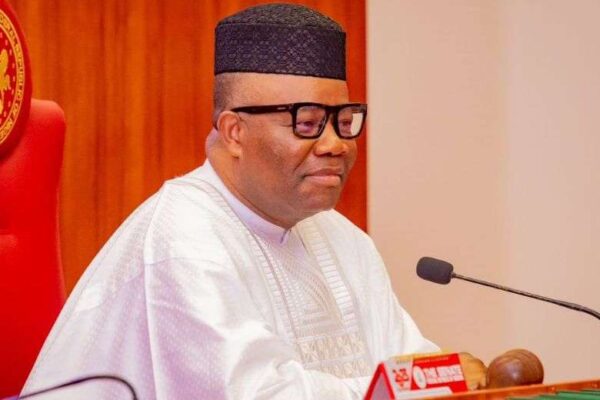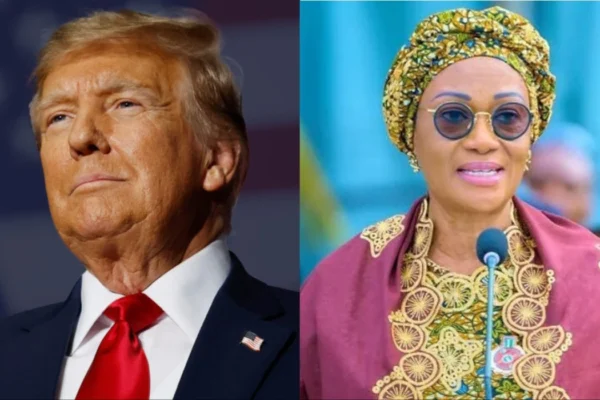
“A Respected Woman” – Trump Hails Remi Tinubu at U.S. National Prayer Breakfast
Nigeria’s First Lady, Senator Oluremi Tinubu, on Thursday met with United States President Donald Trump at the 74th Annual National Prayer Breakfast held on Capitol Hill, Washington, D.C. The high-profile gathering saw President Trump publicly acknowledge Mrs Tinubu, describing her as a “very respected woman” while addressing the audience. During his speech, Trump invited the Nigerian First Lady to stand as he recognised her presence, drawing warm applause from attendees. Introducing her, the U.S. president highlighted her role beyond public office, noting that she is also a Christian pastor at what he described as the largest church in Nigeria. “We’re honoured to be joined today by the First Lady of Nigeria, who also happens to serve as a Christian pastor at the largest church in Nigeria. A very respected woman,” Trump said. Mrs Tinubu attended the event as part of global faith and political leaders invited to the annual prayer breakfast, which brings together policymakers, diplomats and religious figures from around the world.



